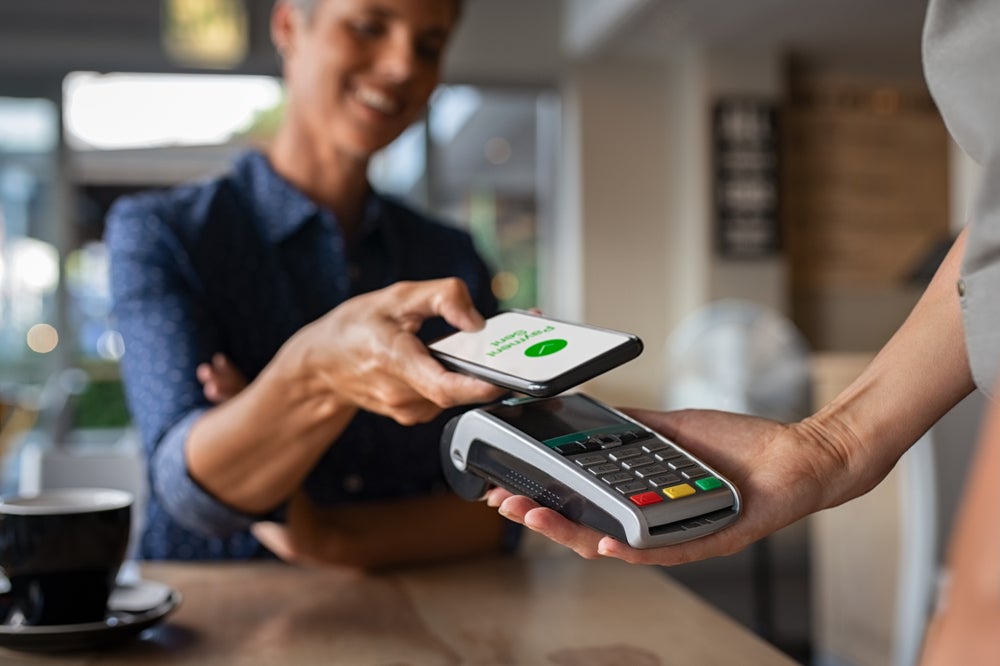
Regulators are pushing for stronger forms of authentication with the rise in consumer preferences for digital payments. Mobile, specifically, will play a crucial role as it is well-positioned to support biometric security.
Regulatory Trends
Listed below are the key regulatory trends impacting the mobile payments industry, as identified by GlobalData.
Strong Customer Authentication
Strong Customer Authentication refers to the use of multiple factors, dynamic authentication information, and/or biometrics for customer authentication when making payment transactions. It is currently a regulatory focus in the European Union (EU) specifically, with the deadline for implementation of Strong Customer Authentication rules under the revised Payment Services Directive (PSD2) having passed in 2020 with parties not yet fully compliant. The push for this type of authentication puts mobile in a strong position as a payments form factor.
Not only is Strong Customer Authentication a regulatory focus, it is also the subject of new developments in industry-led standards, most prominently coming from the Fast IDentity Online (FIDO) Alliance, which focuses on eliminating passwords in user authentication altogether.
Open banking/PSD2
Touted as a major paradigm shift in financial services overall, open banking legislation is designed to allow third-party providers limited, authorised access to financial data held by banks. So far, the impact of the legislation has been limited, but it does allow for third-party services to integrate with systems such as instant payment services, thus creating long-term opportunities for the growth of these services through more familiar third-party brands.
Pressure on card fees
National and supranational regulators across the world have already forced card schemes to lower interchange fees – a core component of the fees merchants pay to their acquiring partners, set by Visa and Mastercard. Legal challenges to these fees (and card fees) are still ongoing; one such case concluded in the UK’s Supreme Court in June 2020.
How well do you really know your competitors?
Access the most comprehensive Company Profiles on the market, powered by GlobalData. Save hours of research. Gain competitive edge.

Thank you!
Your download email will arrive shortly
Not ready to buy yet? Download a free sample
We are confident about the unique quality of our Company Profiles. However, we want you to make the most beneficial decision for your business, so we offer a free sample that you can download by submitting the below form
By GlobalDataTransaction fees will only come under more pressure as countries become more cashless and merchants see more of their revenue “taxed” by these fees. This exerts significant pressure on an already-strained value chain; card issuing and acquiring are run on very thin profit margins, which are only likely to get thinner. Furthermore, the existence of card fees is such a bugbear for merchants that it constitutes a push factor away from cards, if other options (such as instant payments) are available.
Electronic payments push
The payments industry in general has historically been pushing for cashless societies in the interest of maximising the proportion of transactions that generate revenue. Regulatory efforts to reduce cash use, such as those seen in Italy and India tend to have the full support of the payments industry.
COVID-19 has accelerated this push, with mobile payment services launching and being promoted by governments and companies as well across the world. The Digital India initiative, launched in 2015 by the Modi government, was galvanised by the coronavirus outbreak and has capitalised on consumer preferences to give a major boost to mobile wallets such as Google Pay and PhonePe.
Geopolitics and China
China is the world’s largest mobile payments market by a significant margin, and the key players – UnionPay, Ant Financial, and Tencent – are all tied up to one degree or another with the Chinese government. The Chinese players have also all been forging partnerships and making acquisitions with the aim of expanding beyond China’s borders and moving into new markets. These moves have created the beginnings of a regional mobile payment network within Southeast Asia (most recently, UnionPay’s QR code scheme expanded into Malaysia).
Current US-China tensions will impact Chinese companies to expand their reach – the executive order by President Donald Trump to ban WeChat in the US being the most recent manifestation of this geopolitical tension.
This is an edited extract from the Mobile Payments – Thematic Research report produced by GlobalData Thematic Research.








